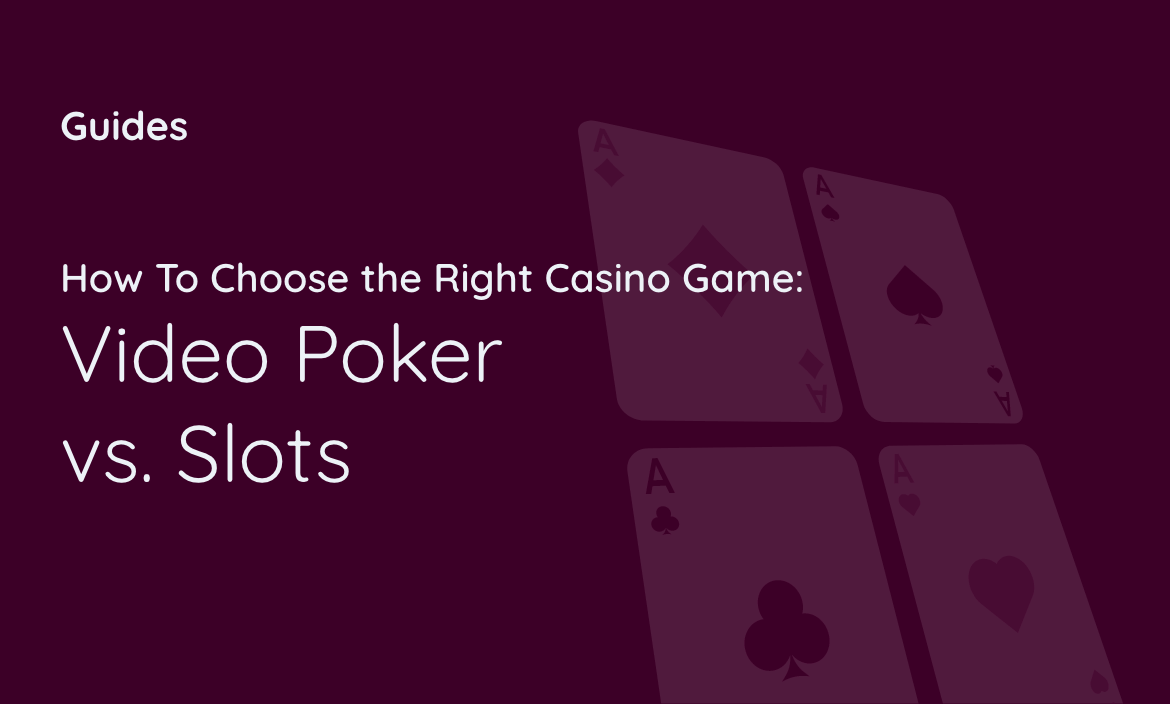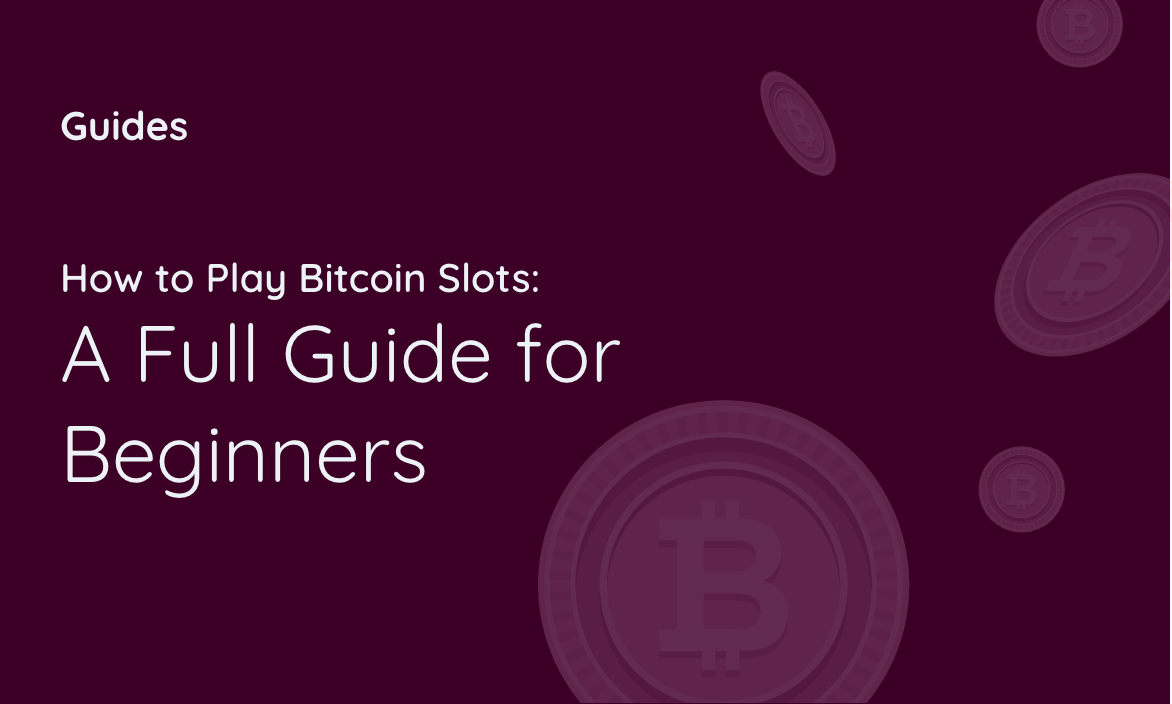Video game gambling might be a difficult concept to grasp if you grew up playing Tetris and Pac-Man. But today’s video games increasingly mimic real gambling, encouraging players to spend real or virtual money in exchange for rewards.
These features are luring a growing number of young gamers to participate in risky and very addictive games of chance. At the heart of this controversy are virtual mystery boxes that players can purchase with real currency before finding out what’s inside. Many experts have already labeled these so-called loot boxes as gambling for gamers.
What Are Loot Boxes?
Loot boxes are virtual items that can either be bought with real money or in-game currency, which players acquire by investing enough time in a particular game. The contents of these boxes are determined by chance, and they can include anything from a new weapon, a special type of shield, a magic potion, faster cars, motorbikes, or even access to premium player modes in sports games such as FIFA.
Loot boxes are an important part of many top-selling game franchises, including Fortnite, Overwatch, and CS: GO. They’re usually given to players throughout the game as cosmetic rewards for leveling up or accomplishing a certain goal. They can also be acquired by performing off-game actions such as watching a short 30-second video that can secure additional points or an extra life.
For many players, some of these rewards are more than enough motivation to cough up real cash in exchange for unlocking items that improve their chances of winning. But loot boxes can also contain items of little or no value, baiting gamers to roll the dice over and over again until they get their hands on those addictive in-game rewards.
Due to formal similarities between loot boxes and gambling where players are stimulated by unknown rewards, there are growing concerns that these virtual products act as a potential gateway to problem gambling.
That prompted the House of Lords gambling committee to call for the boxes to be regulated by the government and brought under the 2005 Gambling Act. The government’s own research shows that there are around 55,000 problem gamblers in the UK aged 11 to 16.
Many researchers agree that the regulation of loot boxes as gambling is an important first step in tackling addiction. But a lot more needs to be done.
It’s Not Just the Loot Boxes
Dr. David Zendle, a lecturer at the University of York, used qualitative analysis to expose the correlation between loot boxes and problem gambling among older adolescents. His research showed that several factors motivating young gamers to buy loot boxes are similar to reasons for engaging in gambling. It has since become a widely held opinion that people who like buying loot boxes are more likely to develop a gambling problem.
Building on his initial research, Zendle quickly revealed that the links between video games and gambling addiction go beyond loot boxes. In the UK and in many other parts of the globe, the problem is far more complex.
According to Zendle, the gaming industry uses multiple practices that incorporate elements of gambling. These practices are widespread and are all linked to problem gambling. The professor even warns that the problem is widespread enough in the UK to constitute a public health risk.
As such, the clampdown on loot boxes won’t necessarily prevent video game developers from encouraging compulsive behaviour among young people. This phenomenon of disordered gaming relies on a diverse ecosystem of gambling-like activities, which has helped video games evade the legal framework that keeps traditional gambling websites in check.
These gambling-like activities include spending money on social casino games, real-money video gaming, and token wagering. In addition to encouraging players to migrate from gaming to gambling, some of the aforementioned practices are also associated with the development of video game addiction.
The UK government’s research also points to esports betting as an important link between gambling and video gaming. Esports or electronic sports refers to competitive video gaming that often takes the form of organized tournaments with very lucrative prizes. But esports events have evolved into a spectator phenomenon in recent years, which is translating into big profits for bookmakers. Among the millions of fans worldwide, many are interested in wagering real cash on the game and its outcome. And while improving the industry’s bottom line, the soaring popularity of betting on esports also carries significant gambling addiction risks.
Today, most online betting platforms often host esports streams alongside traditional sports like football and rugby. That’s only fuelling concerns that real-money gaming in esports is quietly spawning a whole new category of problem gamblers.
Another area of concern is social casino games that allow players to spend real money on simulated games of chance such as slots, roulette, video poker, and blackjack. The key difference between these games and conventional gambling is that the winnings cannot be withdrawn in cash. In other words, this is a simulation of gambling where bets are placed with virtual coins.
When players run out of coins, they can either wait for the hourly or daily refills or buy the coins with real currency. Frequent social casino game players are very likely to migrate to actual gambling sites.
Although token wagering doesn’t involve betting real money on the outcome of in-game activities, it allows players to wager points or tokens. Those who win the wagers are compensated with in-game rewards.
On the other hand, real-money video gaming integrates the options for players to wager real cash on potential outcomes. One of the most popular pay to win games is Block Blitz.
Video Game Microtransactions
The video game industry is making very real money by selling these virtual products. According to some estimates, gaming companies have generated over $30 billion from so-called microtransactions or the sale of virtual items for small sums of cash in free-to-play games. As a matter of fact, such practices have revolutionized the video game industry, which is expected to reach $300 billion in value by 2025.
It would be misleading to suggest that all of this money will come from the sale of virtual property. But the billions of dollars that have already been generated from digital items point to widespread in-game gambling.
Perhaps more importantly, these numbers support the findings of several studies conducted in the UK that warn of the harmful effects that betting-style features in video games are having on young people. Moreover, it makes a stronger case for the introduction of legislation that would designate such features as gambling. Failure to do so fosters an environment where adolescents and their parents have the impression that gambling-style products are just another part of gaming, instead of a recipe for problem gambling later in life.
Video Games and Gambling
Technological advancements over the last few decades blurred the line between gambling and gaming. This is especially evident with online gambling sites that adopted many visual features from the gaming industry. But the convergence is also very noticeable with games that allow purchases of loot boxes, social casino games, and real-money video gaming. The fact that most jurisdictions don’t have any age restrictions or regulations for these games is concerning. Many parents have learned the hard way that this dangerous mix can lead to uncontrolled excessive spending and a range of other problems.
Other similarities between gambling and gaming include chasing a certain goal – in video games, it’s finishing the game or going to the next level, and in gambling, it’s winning cash. Some people simply prefer the virtual world over real life and use both video games and gambling as a way to escape reality. Of course, turning to gaming and gambling as a way to escape the stress in our daily lives can often be a gateway to problem gambling.
That’s not to say that all video games and forms of gambling are harmful. There are ways to gamble responsibly. If done in moderation and at the appropriate age, it can be fun. For some people, it’s a great way to relax after a long day at work. Some use it to socialize with their friends and spend some virtual quality time with them. But where does the fun stop and the disorder begin? How do you know that you crossed the line?
Video game gambling is definitely one way to give your body an instant adrenaline rush. But like with all other types of gambling, that instant release of endorphins can quickly become addictive. This is especially problematic when it comes to young people who gradually move onto more costly wagers to feed their habit. Such actions trigger long-term financial harm, and individuals are often scarred by emotional difficulties.
In some of the more extreme cases, certain adolescents can end up with both a video game addiction and a gambling problem. Studies have shown that this leads to poor school and work performance, depression, physical and mental health issues, and even suicidal thoughts.
The game industry has done little to tackle these problems, and some have even suggested that game developers are intentionally employing certain methods to trigger addictions. Loot boxes are frequently singled out as being harmful to the player-base. Many see such practices as the very origins of video game gambling.
That’s why it’s ultimately up to the consumers to protect themselves. If parents are buying video games for their children, they should implement parental controls especially if the games are being used on mobile devices. It’s also useful to review the products you’re buying and avoid those that expose your children to gambling-style features such as virtual items that can be monetized by players for unknown randomized rewards.




